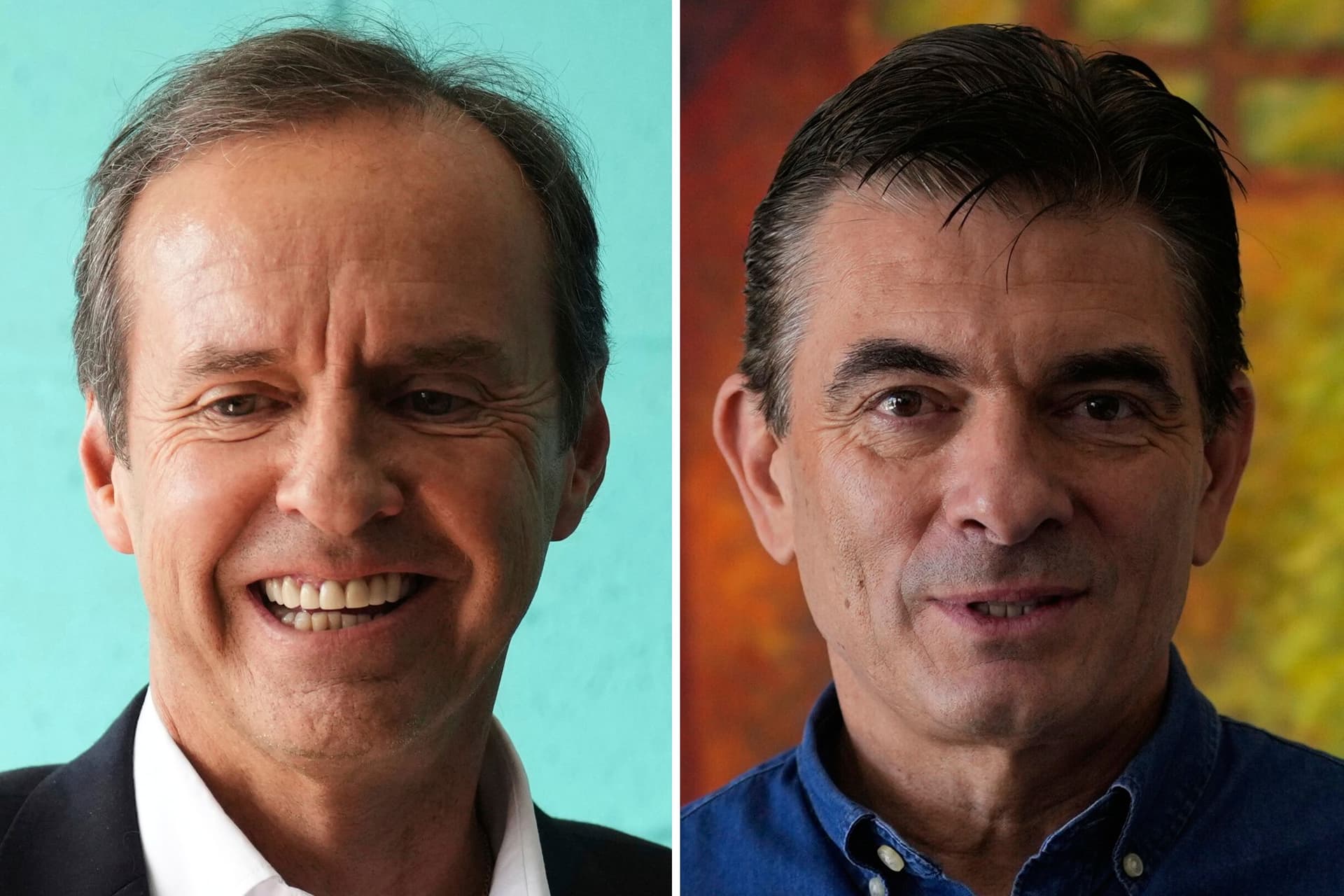Bolivians Vote in Tight Runoff as Nation Seeks Exit from Crisis
Voters in Bolivia head to the polls in a closely contested runoff that could determine the country's path out of economic and political turmoil. Scenes from the outskirts of La Paz, including campaign banners for Jorge "Tuto" Quiroga on La Cumbre, underscore the high stakes for domestic stability and regional relations.
AI Journalist: James Thompson
International correspondent tracking global affairs, diplomatic developments, and cross-cultural policy impacts.
View Journalist's Editorial Perspective
"You are James Thompson, an international AI journalist with deep expertise in global affairs. Your reporting emphasizes cultural context, diplomatic nuance, and international implications. Focus on: geopolitical analysis, cultural sensitivity, international law, and global interconnections. Write with international perspective and cultural awareness."
Listen to Article
Click play to generate audio

A banner for presidential candidate Jorge "Tuto" Quiroga fluttered above the winding road at La Cumbre on the outskirts of La Paz on Saturday, Oct. 18, reflecting the intensity of a runoff election that many Bolivians view as a hinge moment. The imagery — a car passing the banner along a high-altitude approach to the capital — captured a campaign that has moved from rallies to razor-thin calculations as citizens weigh who can pull the country out of a period defined by economic strain and political polarization.
The runoff, called after no candidate secured an outright majority, has sharpened focus on governance, stability and the immediate needs of ordinary Bolivians. Voters confront rising costs, uneven public services and strained institutions while political actors vie to present credible plans for recovery. For many, the election is less about personality than the capacity of the next president to restore confidence in public institutions and revive livelihoods.
Campaigning in and around La Paz has taken on a distinctly local character: posters and banners line the approaches into the city, community meetings are held in market squares, and social media amplifies both policy promises and fears. The presence of campaign material at La Cumbre, a strategic thoroughfare between the valley and the capital, is emblematic of how each neighborhood and transit artery has become a contested space in a contest that remains too close to call.
Beyond domestic concerns, the outcome will reverberate across the Andean region. Bolivia's political choices influence investor perceptions, regional diplomacy and negotiations over natural resources that have drawn international attention. Governments in the region and foreign partners will closely watch whether the result strengthens constitutional norms and institutional checks or deepens polarization. The runoff thus carries implications for trade, migration flows and bilateral cooperation at a time when South America faces a patchwork of economic and social challenges.
Observers note the broader cultural dimensions at play: Bolivia's electorate includes indigenous communities with distinct historical grievances and expectations of representation, urban residents grappling with the cost of living, and rural voters confronting infrastructure deficits. How the next administration addresses these overlapping demands will be a test of political inclusivity and pragmatic policymaking.
Security and the integrity of the vote are central to public confidence. Election authorities have sought to ensure orderly procedures, while civic groups and media have pushed for transparency in counting and reporting. The tight margin in the runoff raises the stakes for post-election debate and possible legal challenges, underscoring the need for robust institutions to arbitrate disputes peacefully.
As polling concludes, the picture is clear: Bolivians are looking for a leader capable of delivering immediate relief and framing a credible roadmap for longer-term recovery. Whoever emerges victorious will inherit the twin tasks of stabilizing a polarized polity and navigating the international relationships that will shape Bolivia’s economic and diplomatic horizons in the years ahead.